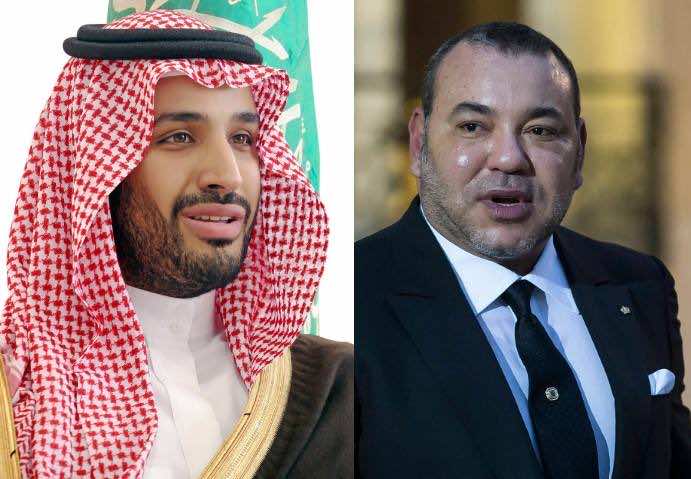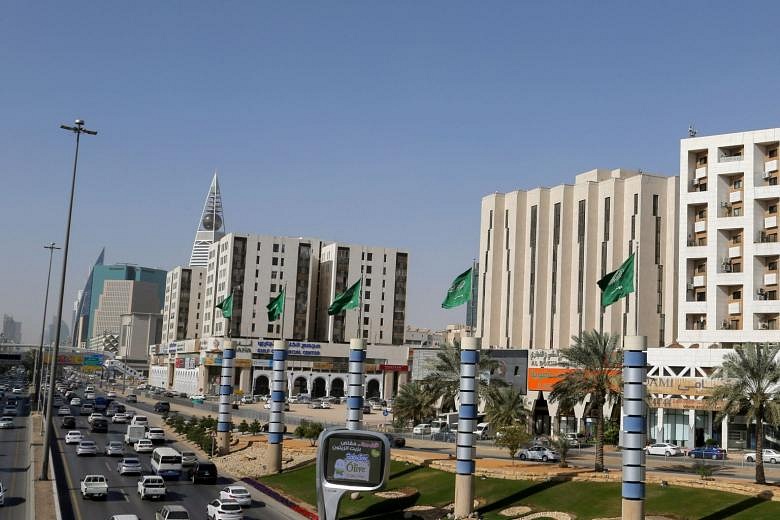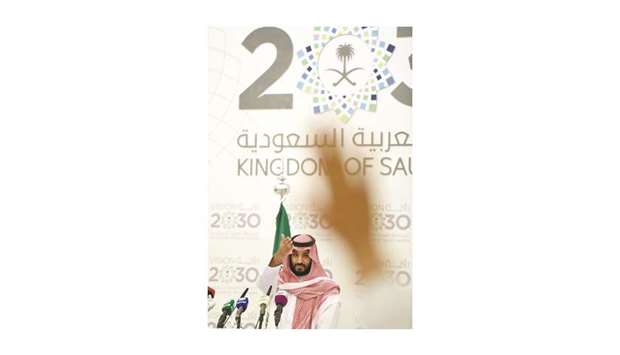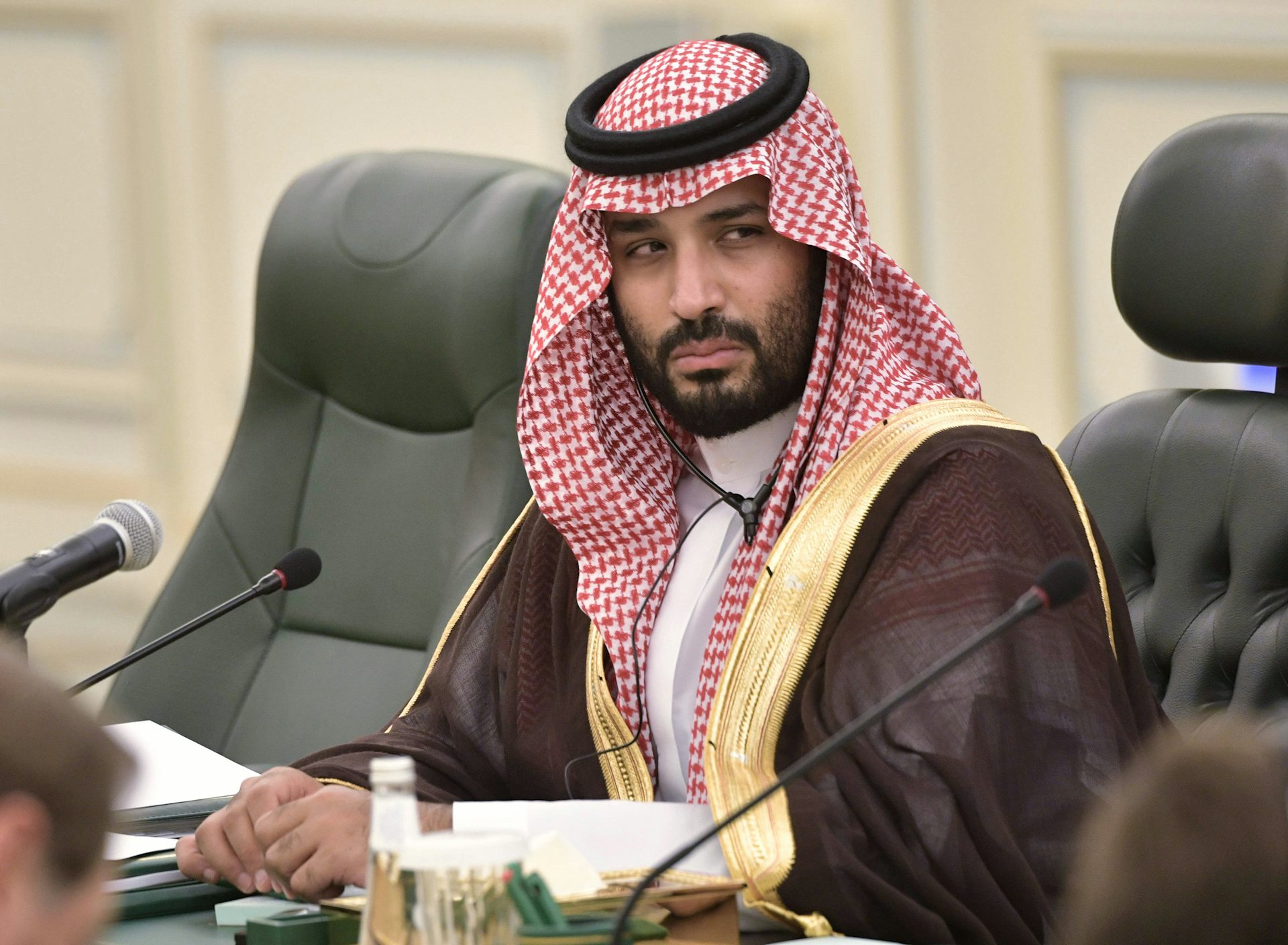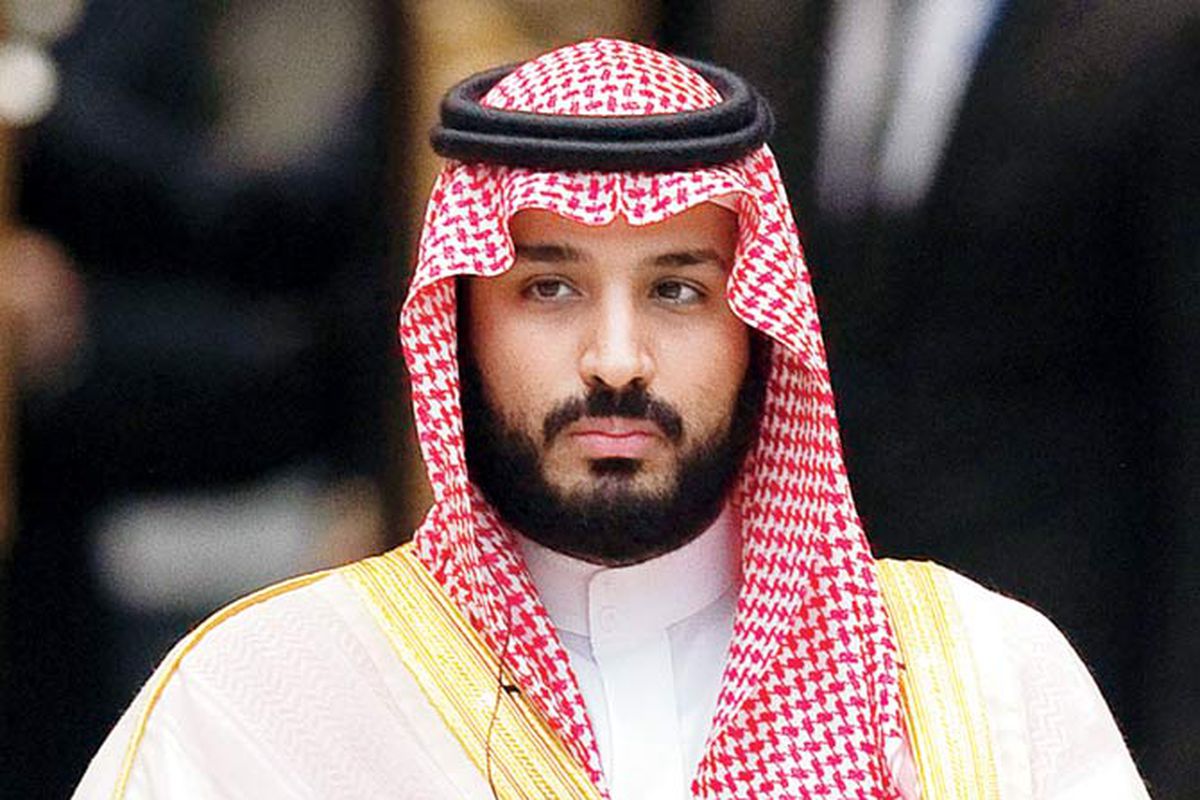
Crown Prince Mohammed bin Salman has pursued an expansionary fiscal policy since his appointment on June 21, 2017, making the Saudi Arabian economy one of the fastest growing economies in the G20.
The Crown Prince, who chaired the Council for Economic and Development Affairs, contributed to groundbreaking moves such as the IPO of Aramco, the world’s largest oil-producing company, and the launch of the futuristic city of Neom.
The Kingdom’s Council of Ministers has charged Ceda with identifying and monitoring the mechanisms and measures that are crucial for the realization of the country’s Vision 2030.
Expanding the country’s industrial base, creating jobs, increasing women’s participation in the labor market, encouraging foreign direct investment and broadening the kingdom’s financial markets are among the key pillars of the vision .
CEDA’s National Center for Performance Measurement, Delivery Unit and Project Management Office are the agencies overseeing the implementation of vision-related programs, which according to public estimates could cost Riyadh at least $1 trillion to complete.
The kingdom has delivered on many aspects of the agenda and opening new sectors to foreign direct investment is one of the key achievements.
In the tourism sector, Saudi Arabia is investing $800 billion and has set a revised target of attracting 150 million visitors by the end of the decade.
Economists say Saudi Arabia, which has the world’s second-largest oil reserves, began diversifying away from hydrocarbons years ago.
“Saudi Arabia will still be dependent on oil and its public sector in 2030, but the transformation that has already taken place and is yet to come is undeniable and would not have happened without the Crown Prince,” said Hasnain Malik, head of strategy for emerging markets at Tellimer. , an investment research firm in Dubai.
Tax revenues contribute to non-oil revenues
The kingdom introduced a 15 percent sales tax and 20 percent tax on business income, but offers tax breaks to companies that establish their headquarters in the kingdom.
Tax revenues reached an estimated 352 billion riyals ($93.8 billion) last year, up 8.9 percent year-on-year. Taxes on income, profits and capital gains rose nearly 46 percent year-on-year to 36 billion riyals at the end of December, while taxes on goods and services rose 5 percent to 264 billion riyals.
Fuel subsidies pose a significant burden on the budget, according to the International Monetary Fund, which ordered the kingdom earlier this month to step up efforts to eliminate the subsidies.
While the kingdom is still not where the kingdom wanted to be in terms of subsidy reforms, wheels are clearly in motion.
Non-oil exports rose by 1.5 percentage points of non-oil GDP to 14.5 percent, compared to the 50 percent target, and much of that has been services-led, says James Swanston, Central economist East and North Africa at Capital Economics.
Continuity of policy is expected for the future.
“We do not see any significant change in the direction (of economic policy) in the future as what we are seeing currently and in recent years is a very gradual and smooth transformation that benefits the overall Saudi population,” said Junaid Ansari. , director of investment strategy and research at Kuwait-based Kamco.

Megaprojects galore
One of the key pillars of the Vision 2030 is the development of new sectors of the Saudi economy, including healthcare, sports, renewable energy sources, technology and automotive, real estate, aerospace, defense, entertainment, leisure, retail and mining .
The push to expand the non-oil sector, driven mainly by the Public Investment Fund and related entities, has led to a wave of mega-projects in the kingdom. From giant cube homes to luxury beach resorts, the list of projects has grown rapidly over the past eight years.
Some projects are so large and ambitious that they are defined as gigaprojects, considered “once in a generation” ventures.
“This is clearly visible in the projects market, where contract awards have shown consistent growth since 2018 (excluding 2020, due to the Covid-19 pandemic),” said Mr Ansari of Kamco in Kuwait.
“Contracts awarded in the Kingdom reached a record high of $102.1 billion in 2023, an increase of 64.5 percent compared to 2022… (and) these contracts are spread across sectors, indicating a comprehensive development process in the Kingdom .”
The futuristic city of Neom alone has awarded contracts worth $237 billion, while mega-tourism development project The Red Sea Project has awarded contracts worth $21 billion since 2017 when it was announced, according to Meed data.
The Line, which made international headlines when it was announced in 2021 for its sheer ambition, is a 170 km long and 500 meter high twin-tower project that is part of the futuristic Neom development. Photo: Neom
PIF: driver of change
Saudi Arabia’s Public Investment Fund, one of the largest sovereign wealth funds in the world, will remain critical to the level of success the Crown Prince will ultimately achieve in realizing his vision.
The fund with $925 billion in assets has played an important role in charting a new growth path.
In 2021, the PIF launched a five-year strategy, aiming to double assets to $1.07 trillion, invest at least $40 billion a year in the domestic economy until 2025 and help create 1.8 million jobs.
Yasir Al Rumayyan, then governor of PIF, said the fund will contribute $320 billion to the kingdom’s non-oil economy through ten new investment sectors and setting up businesses in Saudi Arabia to boost economic activity and strengthen government interests.
In March, Saudi Arabia transferred its 8 percent stake in Aramco to the PIF to boost its assets. The stake was worth about $163.6 billion at the time, based on Aramco’s stock price.
The market expects Riyadh to further sell its equity stake in the world’s largest oil-producing company to continue financing its ambitions.
Recalibrating the vision
While there is a strong commitment to delivering key projects, changing economic realities and the sheer scale of the financial commitment required have forced Riyadh to rethink its strategy.
In April, Saudi Finance Minister Mohammed Al Jadaan said the kingdom would adapt to current economic and geopolitical challenges and “scale down” or “accelerate” a number of projects.
Saudi Arabia had to lower its expectations regarding the objectives of the 14-year mark-to-market programme, the minister said.
There is no clarity on which elements of the vision will be scaled back and whether the government plans to delay the delivery of projects such as the 170km The Line.
Riyadh wanted to house 1.5 million residents within The Line, the linear smart city under construction in Neom, in the kingdom’s Tabuk province. Officials now expect only 1.5 miles of the project to be completed by 2030.
“Many of the targets have been exceeded, there are obviously challenges, and that’s why I said we don’t have any ego. We will change, we will adapt or expand some projects. We will scale down some projects and accelerate others,” Al Jadaan said.
The change in the country’s social structure is already palpable.
From a vibrant entertainment industry with rapid growth in the network of cinemas and music festivals across the kingdom, to women being allowed to drive, the easing of travel restrictions for women and a sharp increase in their employment rate – these are all signs of the change that the Crown Prince has lead.
“Social and cultural changes have probably seen much more dramatic changes,” Swanston says.
Analysts say the transformation in the kingdom is necessary and perhaps long overdue. There are still a few years to go before the turn of the century and there is room for further improvement, but the progress made so far, especially in the social field, has reached all sectors of society.
Updated: June 22, 2024, 1:26 PM


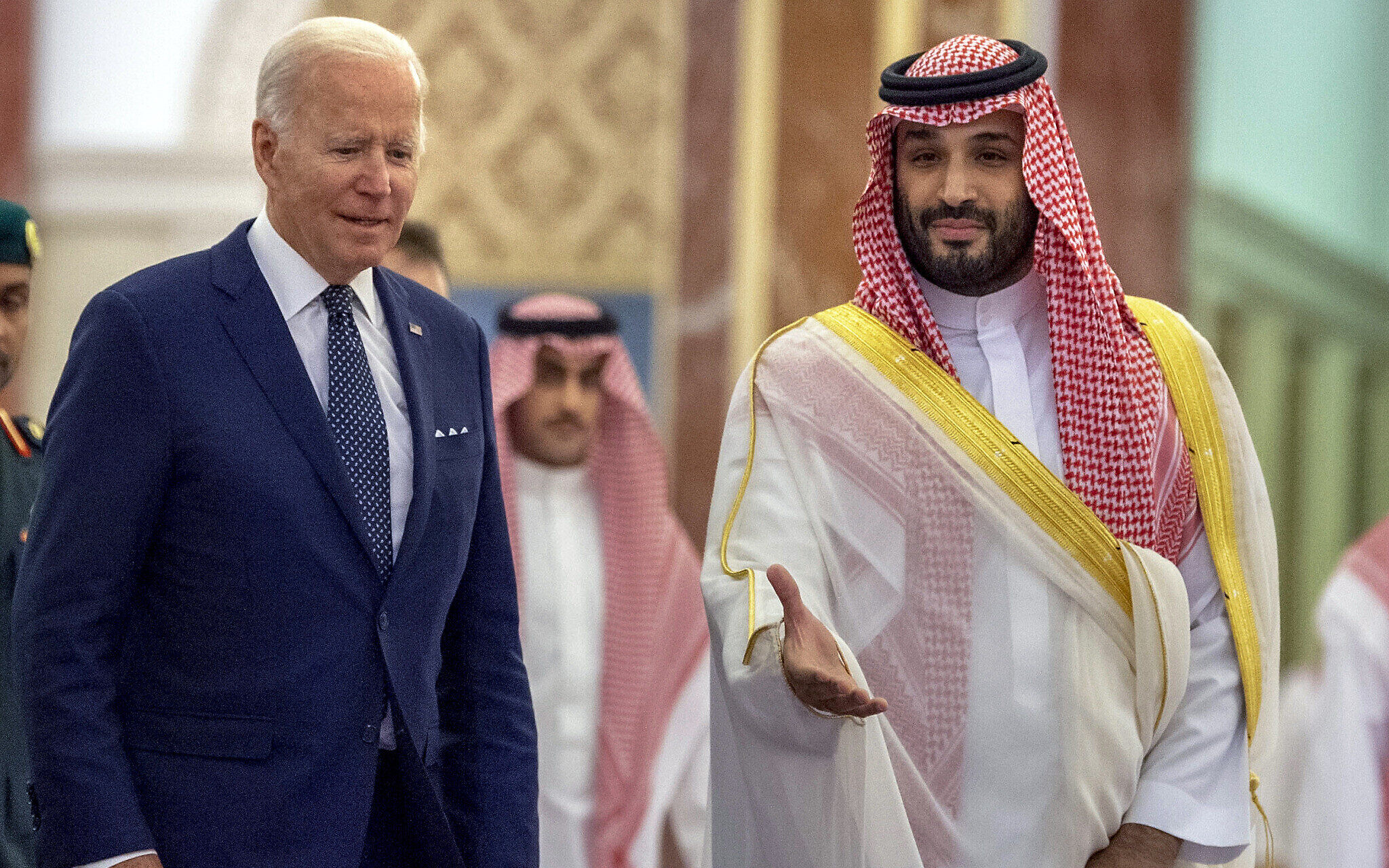



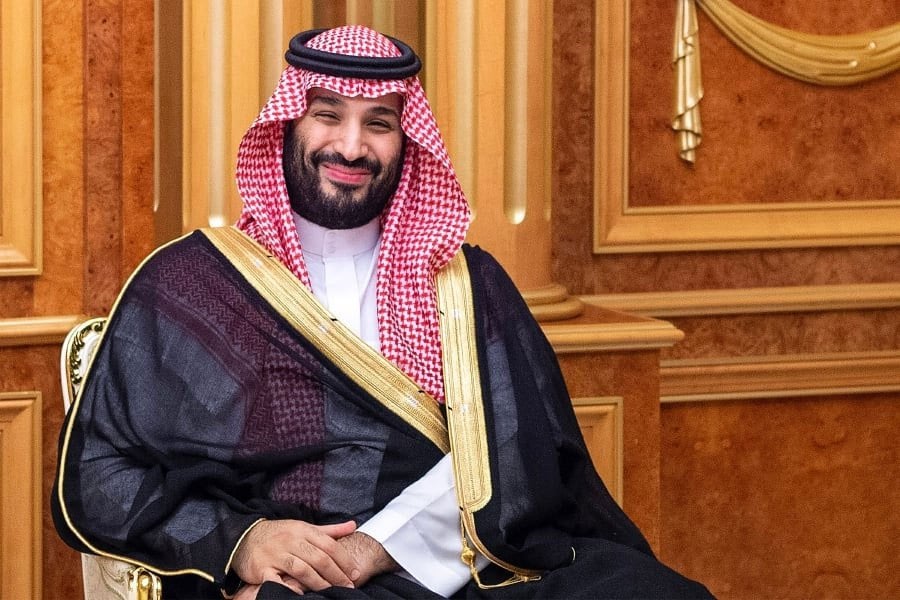

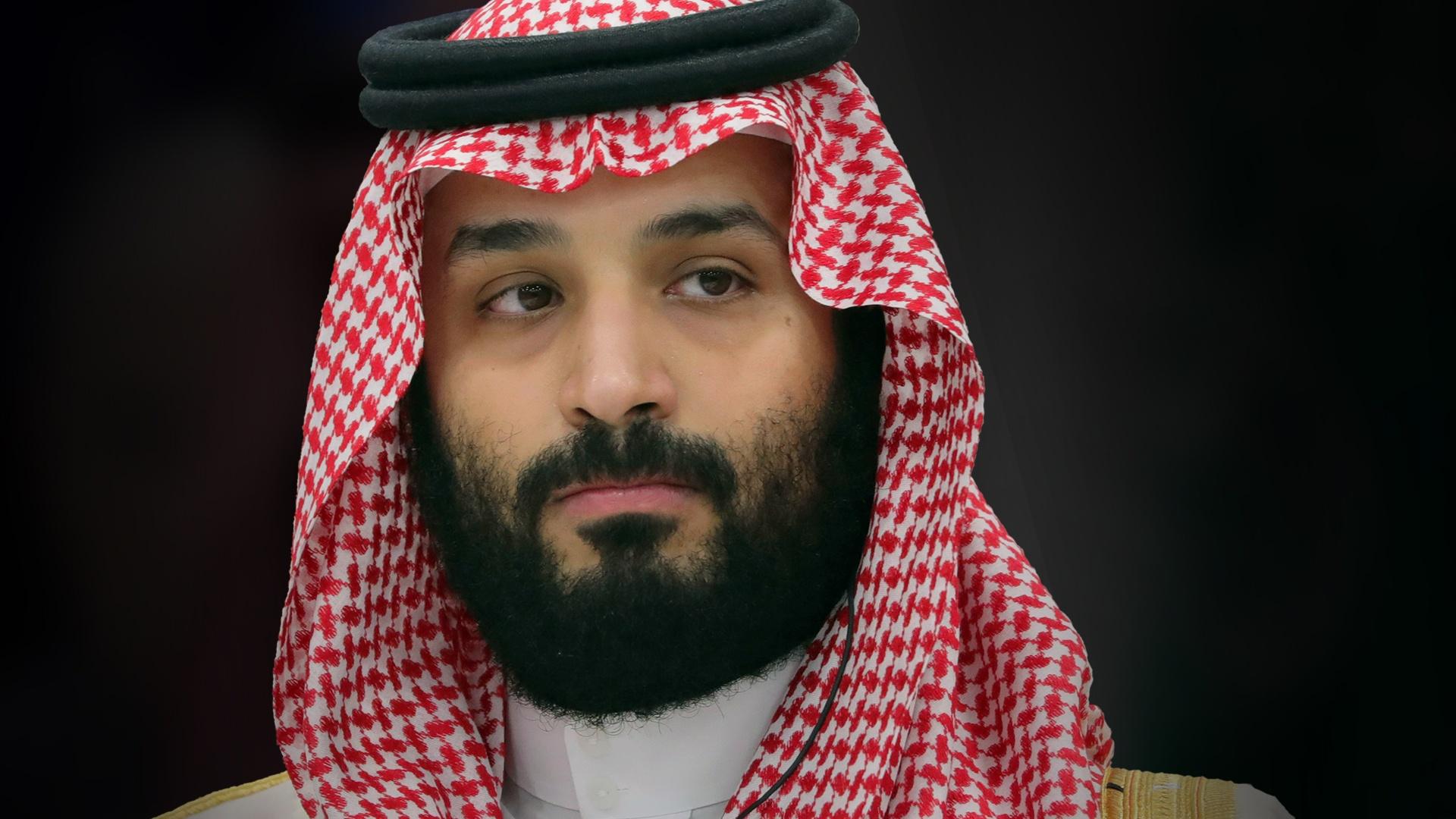


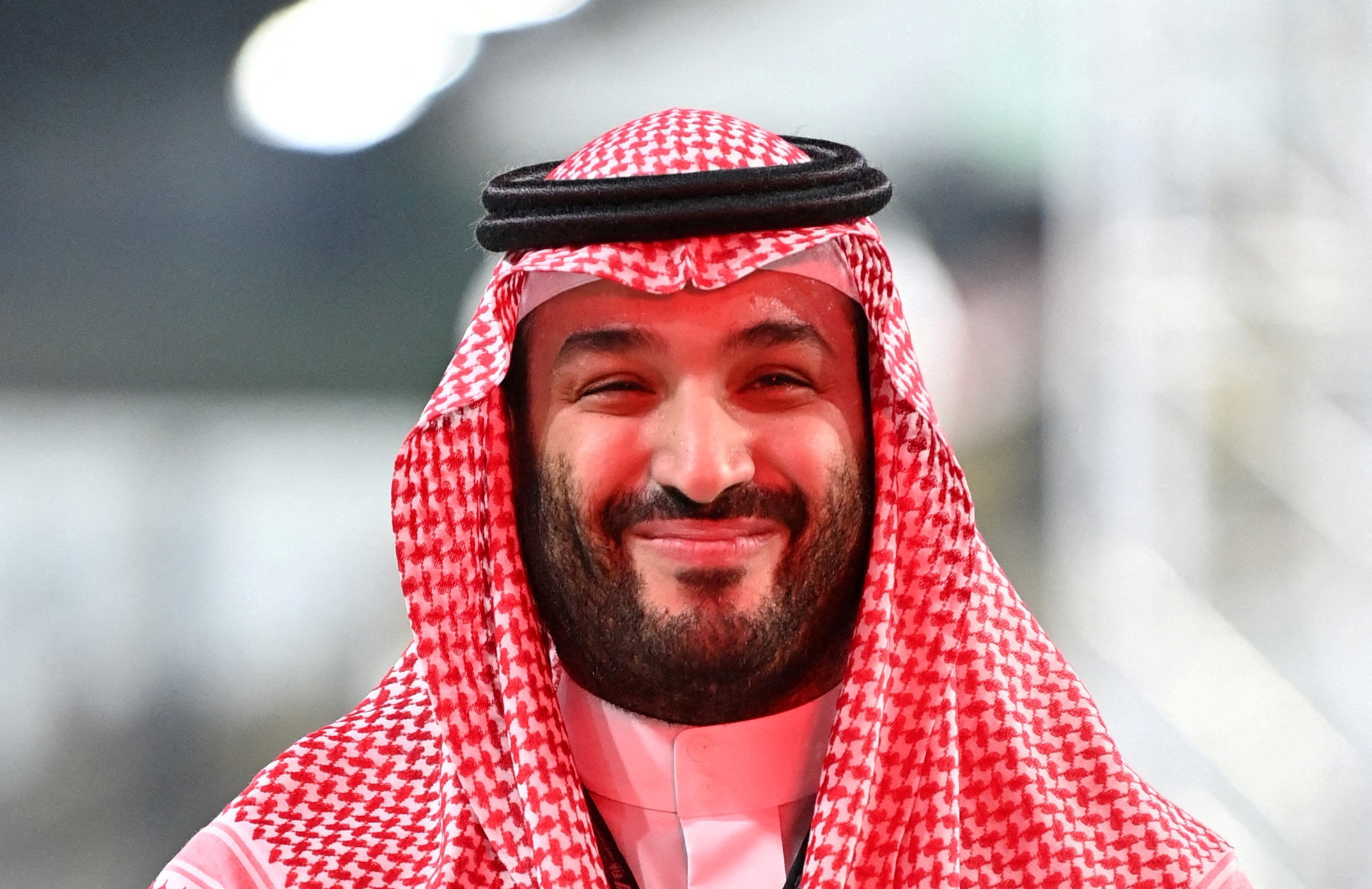

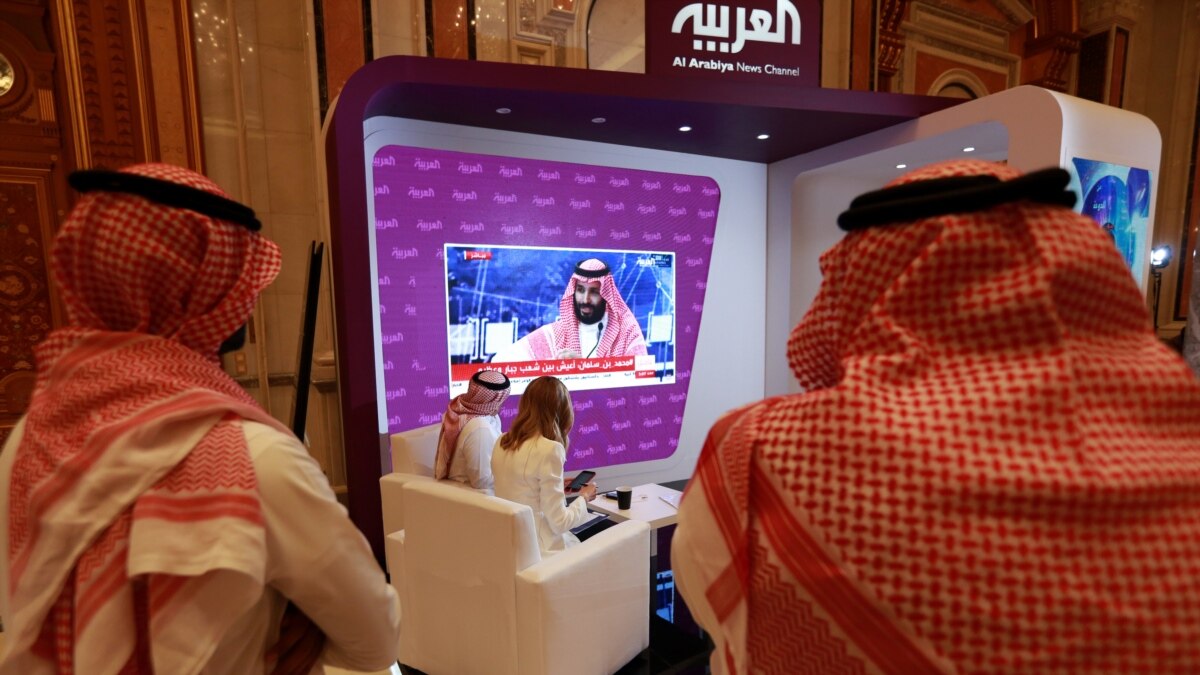
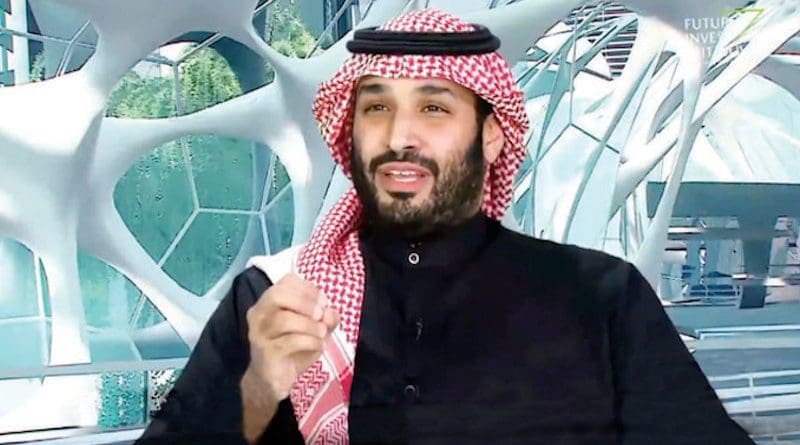
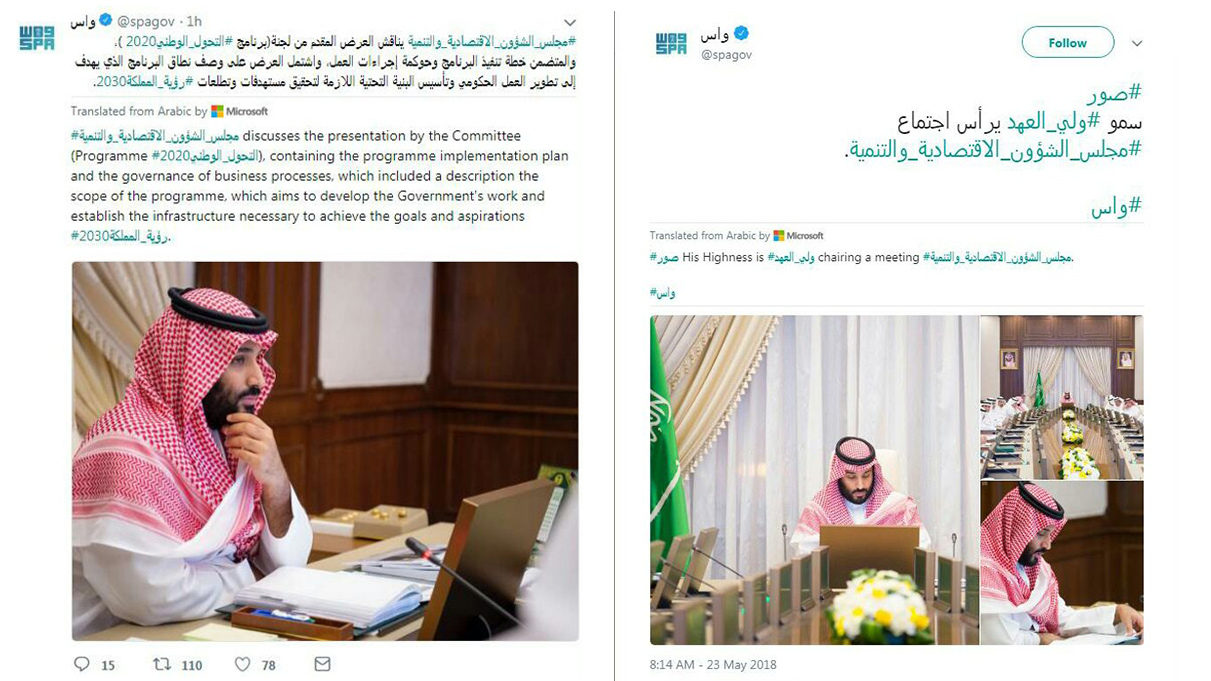
![]()


